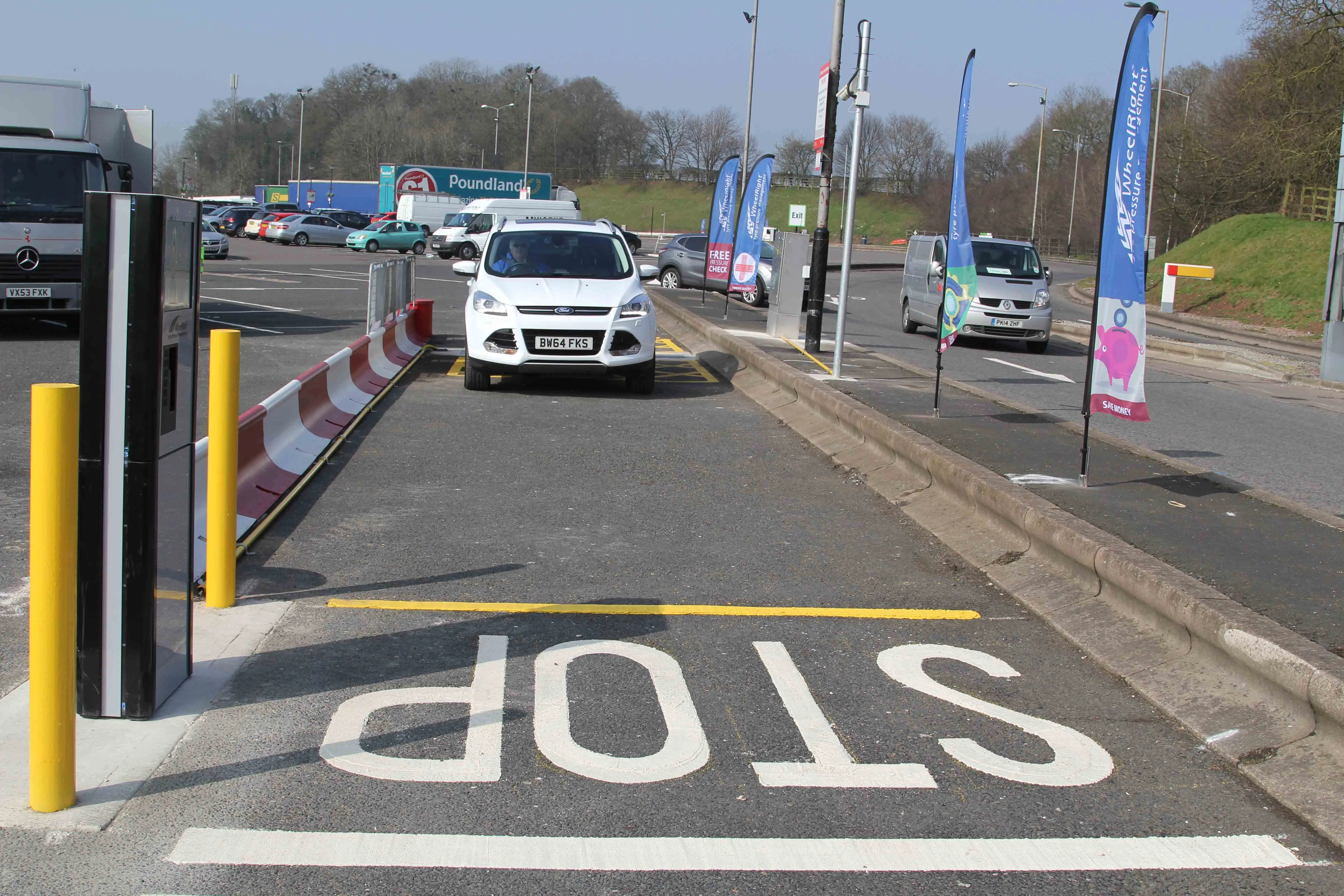Road safety lobby groups have criticised Britain for pushing down its annual road fatality rate by a further 2% in the past year, the lowest figure since records began in 1926.
The Reported Road Casualties Great Britain 2013 (RRCGB) Annual Report, published in September 2014, reveals that 1,713 people were killed in road accidents in the country during 2013, with the number of people seriously injured down by 6% to 21,657 versus 2012.
Not everyone thinks that this is good enough, however, with road safety lobby group
Julie Townsend, deputy chief executive of Brake, told World Highways that “road casualties in the UK are not falling nearly fast enough. Since 2010, progress has stalled dramatically. At this rate, it will be many more decades before we reach the only acceptable number of casualties on our roads, and that number is zero. The government needs to take far more proactive action to drive casualties down faster, including a zero-tolerance drink drive limit, a 20mph default urban speed limit, and graduated driver licensing to tackle young driver crashes."
“From 2007 to 2010, deaths on UK roads fell by 1,096. From 2010 to 2013, they have fallen by only 137,” said Brake. “And, as in previous years, the most commonly-recorded cause of road crashes in 2013 was the driver or rider failing to look properly.”
For IAM, “it’s worrying that (the UK’s) motorways have seen an increase in deaths, which is only partly explained by the increase in traffic on them – it is vital the government keeps a close eye on these figures as the Highway Agency rolls out its programme of wide-spread hard-shoulder running as opposed to proper motorway widening. (Also,) the problem of death and serious injury among motorcycle riders remains and we want to see more use of training opportunities and partnerships to improve both skills and attitudes. Driver error was once again the top cause of crashes and the IAM believe that its courses can help reduce this figure but we need the partnership of the insurance industry and the government to help us deliver better drivers and riders.”
Other indicators in the report show that “the total number of casualties in road accidents reported to the police in 2013 was 183,670, down 6% on 2012” and that “pedal cyclists’ deaths decreased by 8% to 109 in 2013, compared to 118 in 2012.” However, “fatalities on motorways increased by 14% from 88 to 100 and van and LGV fatalities increased by 12% from 33 to 37. Motorcycle fatalities on motorways increased by 250% from 4 to 14.”
Also, “child pedestrian fatalities increased by 30% from 20 to 26 and killed and serious injuries for all road users in deprived areas increased by 5%.”
UK death rate not falling fast enough in The Reported Road Casualties Great Britain Report 2013
Road safety lobby groups have criticised Britain for pushing down its annual road fatality rate by a further 2% in the past year, the lowest figure since records began in 1926. The Reported Road Casualties Great Britain 2013 (RRCGB) Annual Report, published in September 2014, reveals that 1,713 people were killed in road accidents in the country during 2013, with the number of people seriously injured down by 6% to 21,657 versus 2012.
September 26, 2014
Read time: 3 mins







